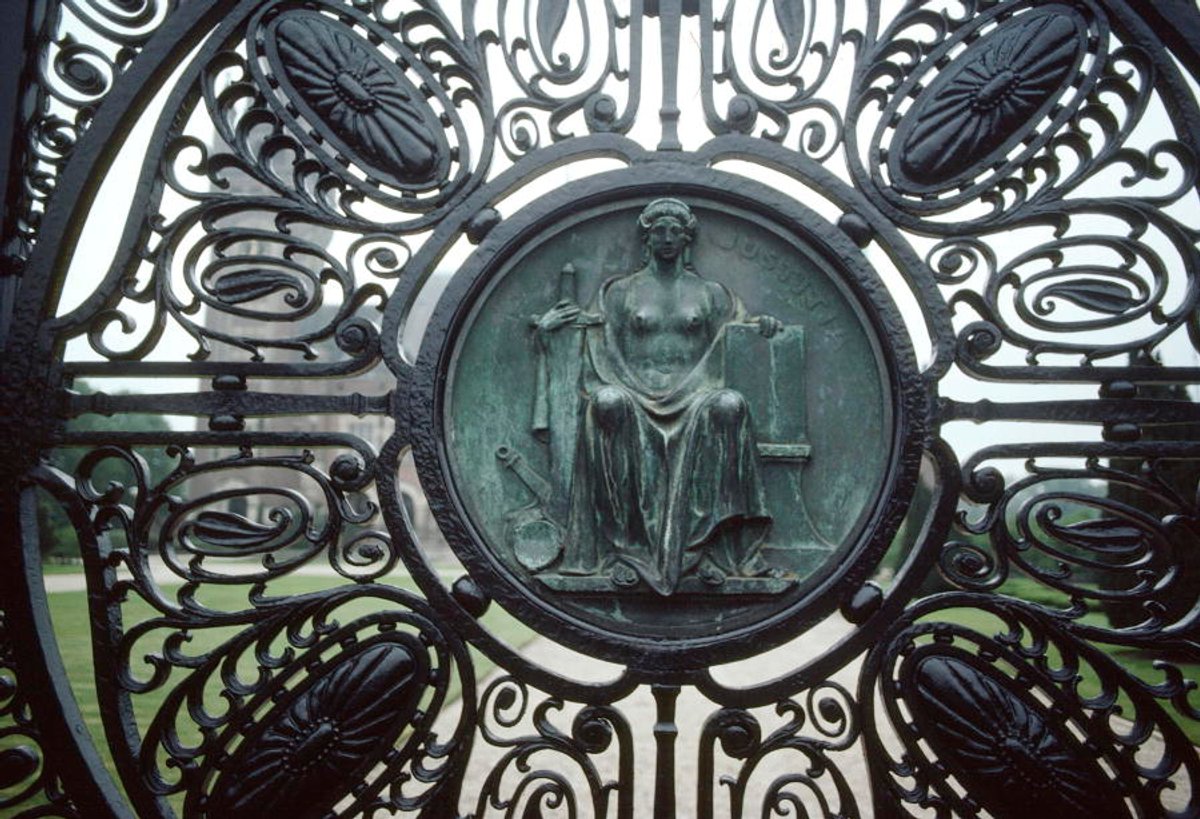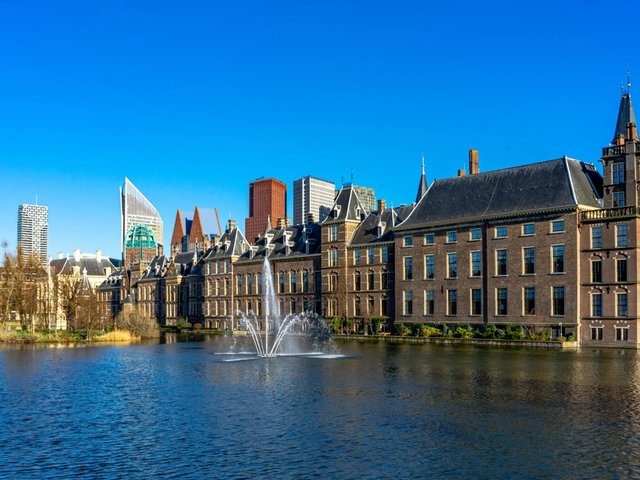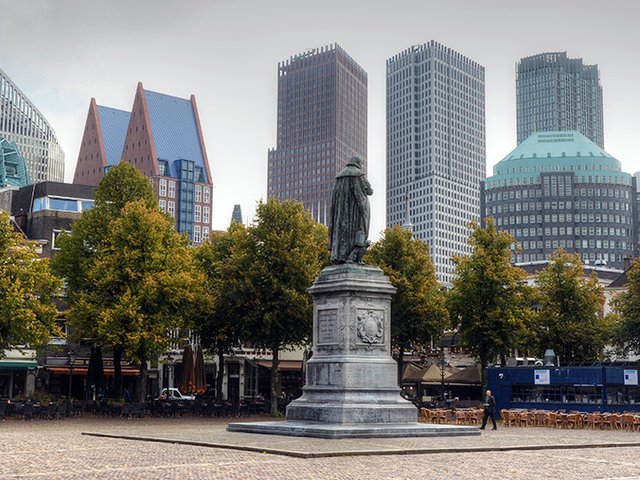The first tribunal devoted exclusively to art disputes, the Court of Arbitration for Art (CAfA), will open for business 1 April in the Hague. Bert Demarsin, CAfA’s chair, says that its decisions will both be more accurate and accepted by an art market sceptical of judges’ rulings that merely decide which party has the preponderance of evidence. But since it turns out that the parties involved in its cases can prevent CAfA’s decision from being published, it is an open question whether the system will fully achieve its goal of trade approval.
CAfA’s proceedings will be confidential, but a press release announcing the court last May stated that publishing its decisions was “essential to ensure market understanding and acceptance of the results”, a point reiterated to The Art Newspaper last May and in an ArtTactic podcast soon after. William Charron, the art lawyer who conceived of CAfA, now elaborates that if the parties themselves do not want a decision published, it will not be.
“The market values anonymity but the objective was to have a tribunal that the market would accept. So we struck a balance in a default rule to publish but keep party names anonymous”, with the artwork itself identified, Charron says. “The idea at every point is accuracy and market legitimacy”.
However Charron notes that, “if we force parties to agree to publish, then we could lose parties to whom CAfA might be useful… We view it as important to publish, but all that CAfA can do is provide a path for parties to follow that rule”. Though a fake might recirculate if it is not publicly identified, “the idea behind CAfA is to mitigate areas of concern”—it is a tool, not a cure, he says. “It would be great to achieve perfection, but we’re not criticism-proof.”
CAfA proceedings will differ significantly from lawsuits heard in regular courts. Instead of judges unfamiliar with evaluating scientific evidence of authenticity or selling an artwork on a handshake and an invoice, CAfA’s arbitrators will be experienced art lawyers who understand expert evidence and market practice. Rather than each party hiring its own expert to present that party’s side, CAfA will appoint one neutral expert loyal only to the arbitrators.
CAfA will hear disputes ranging from authenticity and fraud to contract and copyright, and proceedings can occur anywhere. It is vetting more than 100 applicants from Europe, the US, and Asia to be arbitrators and mediators. Those selected are due to be posted on its website on the opening date, and experts will be posted soon after.
Since the initiative was formally announced last June, Charron says he has received “a steady stream of inquiries internationally”, and the response from lawyers, auction houses, and other stakeholders has been enthusiastic. But the new court “will have to prove its value”, Demarsin says.




